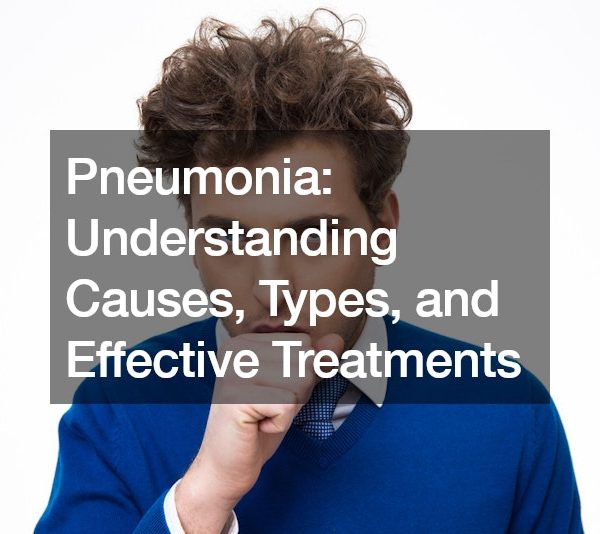- Establishing good oral hygiene habits in childhood is essential for a healthy life.
- Regular check-ups with the dentist are essential to ensure early detection of oral problems and proper oral health instruction.
- Making brushing fun with music and rewards can help children stay interested and motivated.
- Educating children can help them understand why it’s essential to take extra care of their teeth.
Good oral hygiene is essential for a healthy life, starting in childhood. Introducing children to brushing and flossing habits at an early age helps them form lifelong good practices that protect their teeth from decay and disease.
Furthermore, teaching kids about dental health can help instill confidence in their appearance as they grow up. With the proper guidance and instruction, parents can ensure that their children establish strong oral hygiene practices that last a lifetime.
Have regular dental check-ups

Taking your child to pediatric dentist appointments is crucial in establishing healthy oral care habits. Not only can the dentist inspect any signs of tooth decay or potential oral problems early and provide preventative treatments such as sealants, but they can also give proper education and advice on maintaining good oral hygiene.
At these visits, hygienists can show young children further tips on brushing and flossing their teeth, which has proven to be much more successful when demonstrated by experts. Furthermore, dentist visits are an excellent way for your child to get comfortable with the doctor’s office and establish regular check-ups for life. With all these beneficial factors combined, taking your child to age-appropriate appointments should be a top priority in introducing them to proper oral hygiene.
Start introducing oral hygiene to children as soon as the first teeth come in.
Make toothbrushing fun
Good oral hygiene is essential in helping young children grow up healthy. Teaching them to properly clean their teeth and gums can help prevent cavities, bad breath, and gum disease. Making tooth brushing fun is a great way to nurture good habits that will last a lifetime. Using a small, soft-bristled brush that fits along the child’s gum line and playing a fun two-minute song each night helps make brushing time more enjoyable.
This also gives kids something to look forward to and encourages them to keep their teeth clean for longer. Besides, hearing kid-friendly music makes it easier to track kids’ brushing progress without getting overbearing! Good oral hygiene isn’t just about cleaning teeth; it’s about maintaining overall health and teaching our children how important it is to take care of themselves from an early age.
Offer incentives
Introducing children to oral hygiene and the lifelong habits accompanying it is a vital part of their development. Offering incentives such as stickers or charts with rewards for establishing good habits can be a practical talking point for sparking curiosity and expressing the importance of brushing teeth twice daily and visiting the dentist regularly.
Not only are these rewards prompted by positive actions, but they also have a visual reminder – every time children look at their sticker chart, they will be reminded to brush their teeth.
Educate kids about why proper oral hygiene

Teaching kids about proper oral hygiene is invaluable for their long-term dental health. Introducing children to the importance of brushing and flossing, brushing twice a day, and using mouthwash when needed can help keep gums healthy, reduce bad breath, strengthen enamel and prevent cavities.
It is essential to take the time to explain these concepts, so your child will understand how their lifelong brushing and flossing routine plays a critical role in maintaining good oral hygiene. Additionally, you can talk about the importance of maintaining good oral hygiene – it’s practical and vital for physical appearance since fresh breath makes people feel more comfortable around you. Parental guidance during these early stages helps children understand the value of preventive dental care while they are young.
Practice at home
When introducing children to oral hygiene, it is essential to teach them proper brushing and flossing techniques early. Kids of all ages can benefit from understanding the basics, like how they should brush at least twice a day and floss every day.
Practicing what they learn during regular dental exams and checkups makes perfect sense since practice at home reinforces the fundamentals when proper care is consistently monitored. While kids may not understand why it’s necessary to brush and floss in the first place, explaining why their teeth need extra care may help inspire more enthusiasm toward better care of their teeth.
Encourage healthy eating habits.
Healthy eating habits are essential for children, so they learn to care for themselves from a young age properly. This is especially relevant when it comes to oral hygiene, as sugary foods and drinks can contribute to tooth decay and other dental issues.
Introducing children to the concept of healthy eating including limiting sugary snacks not only fosters good oral habits but also instills the knowledge that what you put in your body has an impact on your overall well-being. As a parent, taking steps to motivate your kids to eat wholesome meals, brush their teeth regularly, and limit sugary snacks is essential in promoting healthy habits that will last them into adulthood.
These are just some tips and strategies to help introduce your children to proper oral hygiene. With good guidance and instruction, parents can ensure that their kids have positive dental experiences while also nurturing lifelong habits that will protect them from tooth decay and keep their smiles healthy throughout life.






